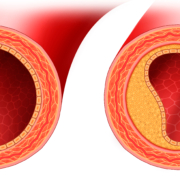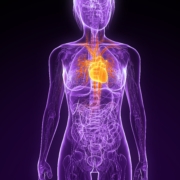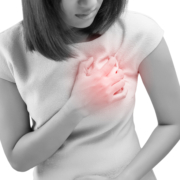Researchers have discovered the molecular basis for the increased incidence of cardiovascular diseases in older women. The study found that older women had mitochondrial dysfunction, reduced antioxidant proteins, and increased inflammation.
Previous studies have shown sex differences in the age at which cardiovascular diseases occur. Ischemic heart disease, for example, develops on average seven to ten years later in women compared with men. It occurs three to four times more often in men than in women below the age of 60 years, but after the age of 75, most patients are women.
It is not clear why many women are protected from cardiovascular disease at a young age but are more susceptible after menopause. Estrogen levels may play a role but the mechanism is unknown. This study looked at molecular changes in the cells of the heart that happen with ageing, and how they differ between men and women.
Specifically, the researchers looked at healthy hearts to see if there are sex differences in mitochondrial function and inflammation during ageing. Heart tissue was obtained from seven women and seven men aged 17 to 40 years, and from eight women and nine men aged 50 to 68 years. The researchers measured levels of proteins involved in inflammation and in the function of the mitochondria.
The researchers found that the levels of Sirt1, a protein that is important for the function of the mitochondria, are higher in young women compared to young men. In the older hearts, Sirt1 levels had decreased in women but not in men. Expression of superoxide dismutase 2, an antioxidant protein in the mitochondria, was higher in young females than males but the difference was no longer present with age.
In addition, the expression of catalase, an enzyme that protects cells from oxidative damage, was higher in young females than males but again the difference was lost with age.
With age, female hearts shifted from an anti-inflammatory to a pro-inflammatory environment. Compared to young men, young women had higher levels of anti-inflammatory cytokines such as interleukin 10 – but this difference was lost with age. Levels of macrophages, which promote inflammation, increased with age in women but not in men.
Dr Maria Luisa Barcena De Arellano, scientific researcher, Institute of Gender Medicine, Charité University Medicine Berlin, Germany, said: “Our study provides a molecular explanation for the increased incidence of cardiovascular diseases in older women.”
European Society of Cardiology
https://tinyurl.com/y8zah7gn








